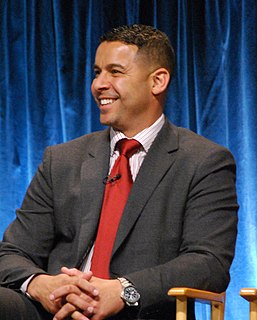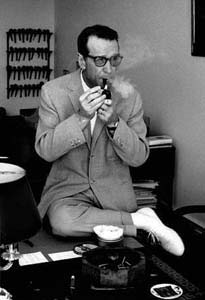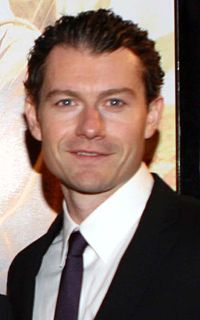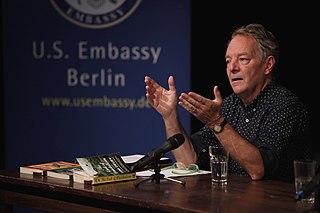A Quote by Grant Morrison
Unlike novel characters, comic book characters last an eternity. When a character is changed beyond recognition, there's no longer the merchandising aspect.
Related Quotes
We have a whole other division, where we actually literally take the comic book and animate it. Our feeling was that, if this was going to be our show and that it was going to be a brand new show, it has to be more adventures with these characters, in the same way that, through the years, there have been long runs on the comic book series. It's the same characters, with different voices, along the way.
But to be perfectly frank, this childish idea that the author of a novel has some special insight into the characters in the novel ... it's ridiculous. That novel was composed of scratches on a page, dear. The characters inhabiting it have no life outside of those scratches. What happened to them? They all ceased to exist the moment the novel ended.
When you write a book, you want to have fidelity to the character. Characters and their emotions guide the structure of the novel. The author is aware that there's a certain amount of information she/he has to provide in order to satisfy the reader, knowing that she/he has set something up that must be paid off, but this payment must be made while maintaining fidelity to the characters.
It's funny what [producer Richard Zanuck said about even though you can't quite place when the book or the story came into your life, and I do vaguely remember roughly five years old reading versions of Alice in Wonderland, but the thing is the characters. You always know the characters. Everyone knows the characters and they're very well-defined characters, which I always thought was fascinating. Most people who haven't read the book definitely know the characters and reference them.





































